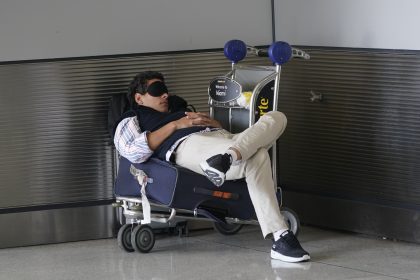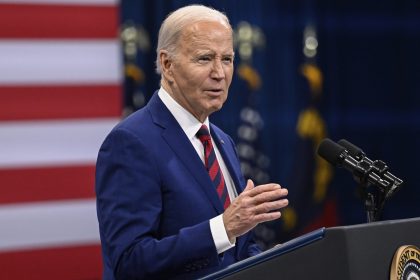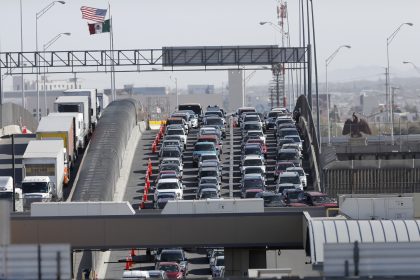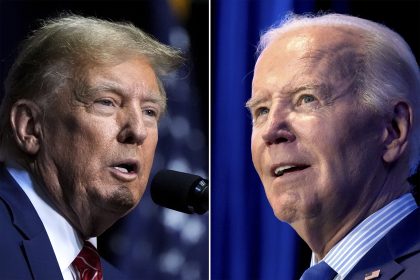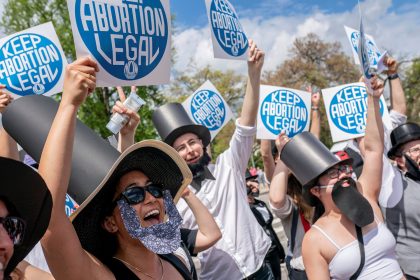New Poll Finds More Than 1-in-3 Willing to Sue Employer Over COVID-19
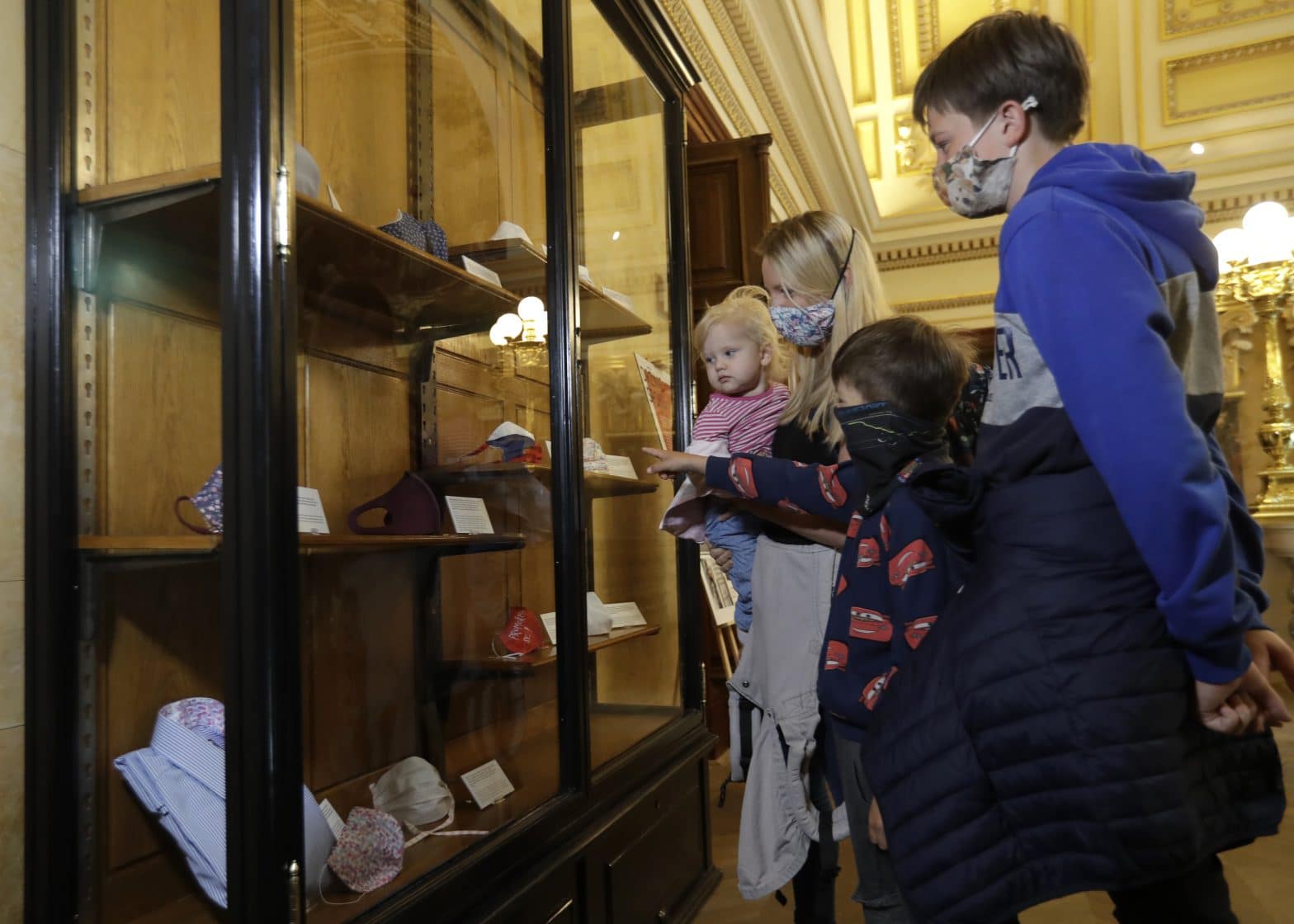
WASHINGTON – A new survey has found that 36% of American workers would sue their employers if one of their co-workers contracted COVID-19 upon their return to work, and soon after contracted it themselves.
Additionally, the latest “Back-to-Normal Barometer” survey conducted by Engagious, the Sports and Leisure Research Group and ROKK Solutions, found another 26% said they would sue even if the employer instituted extensive mitigation protocols to protect them from the virus, and regardless of whether they’d signed a release holding their employer harmless.
“As a small business co-owner myself, I was stunned by these numbers,” said Engagious President Rich Thau.
Participants in the survey were asked to imagine they’d returned to work on the first of the month, and found out on the seventh of the month that one of their co-workers had COVID-19. A few days later, in this scenario, the respondent came down with the illness themselves.
The survey then asked them to rank, “On a scale of 1-10, how likely would you be to take legal action against your employer?”
Approximately 36% of all respondents scored this question at 8, 9, or 10, meaning they would be very likely to take legal action.
Certain sub-groups were even more likely to sue:
- 44% of males
- 40% of those under 35 years old
- 42% of those who consider themselves liberal
- 42% of those from the Northeast
The survey participants were then asked to imagine the same scenario as above, but with the added fact that the respondent was confident that their employer closely followed every protocol to sanitize the premises, maintain social distancing, require face masks and conduct COVID-19 testing of all employees.
Asked again, “On a scale from 1-10, how likely would you be to take legal action against your employer?”
Twenty-six percent of all respondents said in this scenario they would be very likely to take legal action.
Certain sub-groups were still more likely to sue:
- 40% of males
- 27% of those under 35 years old
- 29% of those who consider themselves liberal
- 34% of those from the Northeast
Asked if they’d sue even if they signed a release before they returned to work, holding the employer harmless if they came down with COVID-19, “Imagine the same scenario as above, but you signed a release before returning to work.”
Twenty-six percent of all respondents said they would be very likely to take legal action.
Certain subgroups were still more likely to sue:
- 35% of those who are male
- 27% of those under 35 years old
- 29% of those who consider themselves liberal
- 32% of those from the Northeast
“The entire liability issue may become another unfortunate, but critical residue left by the pandemic,” said Jon Last, president of the Sports and Leisure Research Group, and a former national president of the Insights Association and Marketing Research Institute International.
In a separate survey, the trio of companies looked at the national divide over whether to wear a mask or not in public and found it is more a question of age than politics.
That “Back-to-Normal Barometer” survey found that 78% of seniors aged 65 or older believe people who refuse to wear a mask are inconsiderate.
That number dwarfs the percentage of Democrats (60%) or Republicans (53%) who held a similar opinion.
In addition, when asked on a scale of 1 to 10, how strongly do you agree or disagree with this statement: It is unclear to me when one needs to wear a mask in public, only 8% of seniors agreed with this statement.
The findings mirror another recent poll, conducted by The Associated Press-NORC Center for Public Affairs Research, that found 79% of respondents age 60 and over said they wear a face mask whenever they leave the house, compared to 63% of those younger.
Despite the dominance of the generational divide, both the Back-to-Normal Barometer and the Associated Press-NORC Center survey, show that the decision to wear a face mask in public is becoming a political statement.
In essence, the barometer’s finding that more Democrats feel it’s inconsiderate to wear a mask than Republicans, complement the AP-NORC Center’s finding that Democrats are far more likely than Republicans to say they’re wearing a mask when leaving home, 76% to 59%.
The split is clear across several demographics that lean Democratic. People with college degrees are more likely than those without to wear masks when leaving home, 78% to 63%.
African-Americans are more likely than either white people or Hispanic Americans to say they’re wearing masks outside the home, 83% to 64% and 67%, respectively.
The choice, the AP concluded, is shorthand for the debate stoked by President Donald Trump, pitting those willing to follow health officials’ guidance and cover their faces against those who feel it violates their freedom or buys into a threat they think is overblown.
The Engagious, the Sports and Leisure Research Group and ROKK Solutions team didn’t parse its data along the partisan lines that the AP-NORC Center did.
Instead, said Ron Bonjean, Partner at ROKK Solutions, “Our research takes an unprecedented review of consumer attitudes of the past compared to today’s environment so that a vast variety of industries can make strategic business decisions to navigate the difficult terrain ahead to get back to normal.”
The surveys, both conducted in May, consisted of a random national sample of 504 employed voters. The margin of error of each is +/- 4.4%.



















